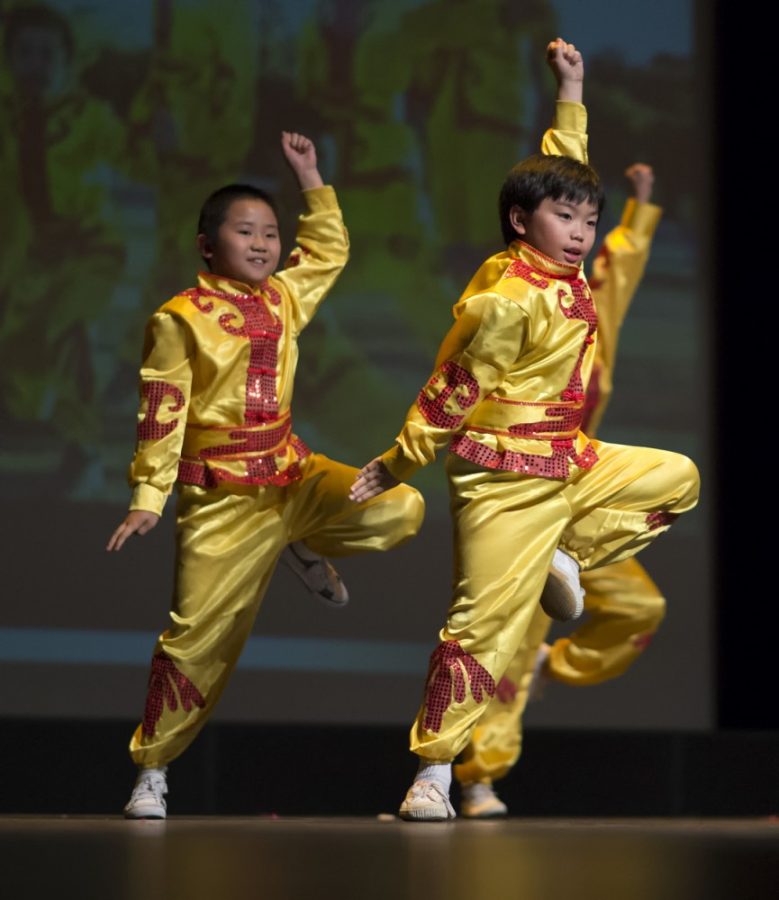As the Western world enters its fourth-consecutive week of the new year, Eastern communities are beginning to gear up for the festivities. The Chinese New Year, a holiday steeped in tradition and folklore, will officially begin Feb. 19, but celebrations for the holiday will commence as early as this weekend. On Saturday, the Confucius Institute at the University of Arizona and the Tucson Chinese Cultural Center kick off the sixth-annual Chinese New Year Festival.
The event will tout a number of traditional Chinese arts, including a symphonic orchestra, Chinese soloists, a chorus and a Peking Opera.
“Through this event, we would like to share the Chinese culture,” said Wei Zhao, Chinese director at the CIUA. “We would like to introduce our customs to the local people through Chinese music, martial arts, dance and calligraphy.”
Months of preparation have gone into the planning of the Lunar New Year’s festival, according to Yi Chen, program coordinator at the CIUA.
“We have spent half a year preparing for this show,” Chen said. “There will be local and global performers alike.”
Artists from all reaches of the globe will be contributing to the event, and the Chandler Symphony Orchestra will also be in attendance to play such pieces as “The Blue Danube Waltz.”
The Chinese New Year is not a strictly Chinese celebration, said Larry Lang, artistic director of the CIUA and of the event. Though the holiday takes on the Chinese moniker, it is a holiday recognized throughout Asia.
“The Japanese, Korean and Vietnamese people, as well as some other Asian cultures, celebrate the Chinese New Year,” Lang said. “It is also called Chun-Jie, which means Spring Festival, the first day of spring.”
The Chinese New Year marks the beginning of a new lunar calendar and therefore the commemoration of new beginnings. Families often spend this time of renewal together, participating in a multitude of festivities.
“People often travel many miles to return home for the holiday,” Chen said. “Usually families hang red symbols in their windows, clean their houses, children receive red envelopes with money and traditional dishes like fish and dumplings are served to welcome in the new year.”
As holidays go, the Lunar New Year is perhaps the most widely celebrated in Asiatic cultures.
“As a traditional holiday in China, the Lunar New Year is the biggest event of the year,” Chen said. “It is a time of reunion, like Christmas or Thanksgiving here.”
The upcoming festival will couple fusions of East and West to showcase Chinese culture for all of Tucson.
“We have a lot of talented people for this event who want to share our traditions and culture,” Chen said. “This is our mission at the Confucius Institute — to help the local community learn about the Chinese.”
The annual extravaganza will be held in Centennial Hall at 2 p.m. on Saturday. Those in attendance will experience a taste of traditional Chinese culture and an early taste of the New Year, as a variety of nationalities come together to usher in the Year of the Sheep.
Tucson will be commencing many of its other Lunar New Year celebrations in the month to come. The Tucson Chinese Cultural Center launches a “Taste of China” Feb. 7, which will include Chinese arts and crafts, games, performances and food. Other celebrations put on by the TCCC include the Year of the Sheep fundraising banquet dinner on Feb. 14, which will be a casino night and dinner, including a silent auction and entertainment.
_______________
Follow Elise McClain on Twitter.









